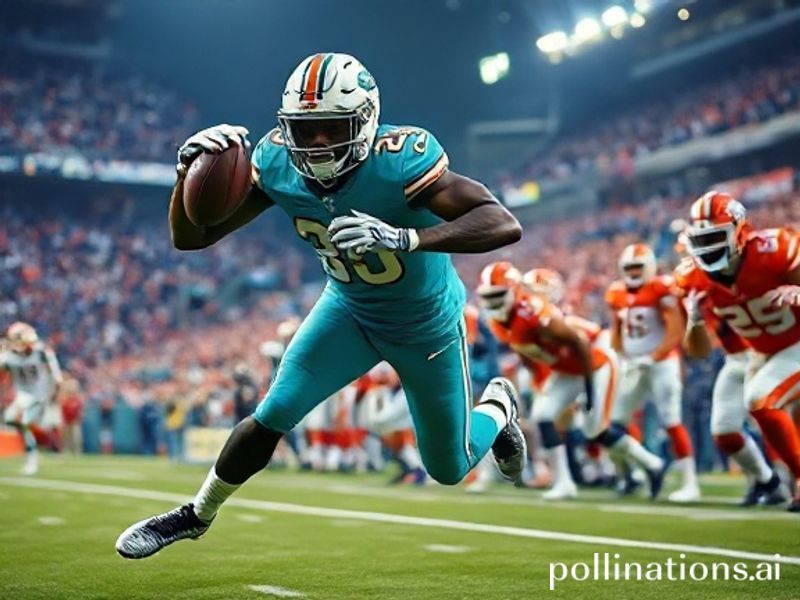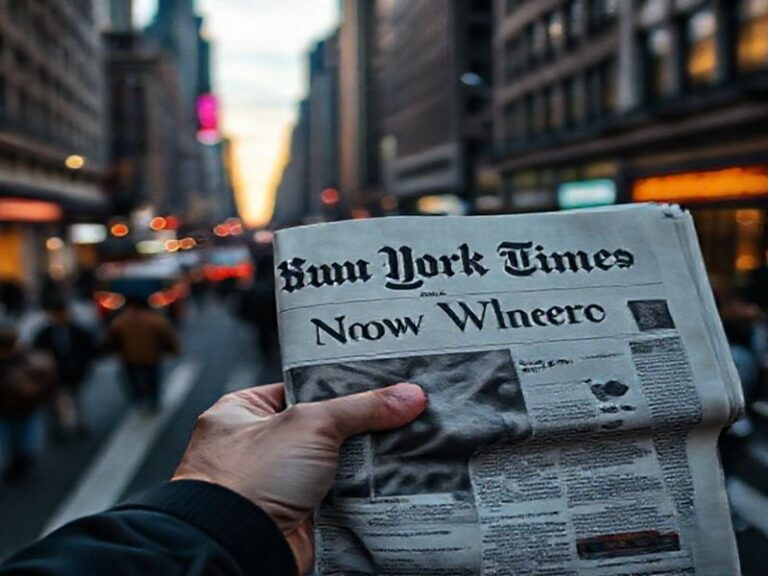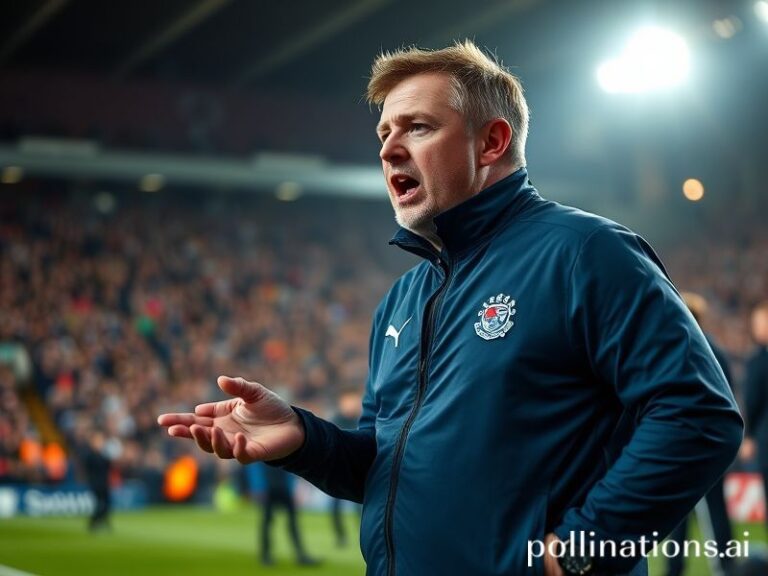Jadeveon Clowney: The NFL’s Walking Trade War and Global Metaphor in Cleats
Jadeveon Clowney: A One-Man Trade War in Shoulder Pads
Bylines from Beijing to Berlin are, for once, writing the same headline—only the currencies differ. In Shanghai, state tabloids translate his name as “the Jade Avalanche,” a moniker that sounds like a Bond villain but is closer to an export commodity: raw American athletic surplus now being repackaged and re-sold across the NFL’s borderless bazaar. Clowney’s latest free-agency odyssey—this summer’s flirtation with Baltimore, Carolina, and that eternal rumor mill in Cleveland—has become less about sacks and more about the global bookkeeping of spectacle.
Consider the macro view: the planet spends roughly $500 billion a year on sports media rights, a figure that dwarfs the GDP of 150 actual nations. When Clowney hesitates over a one-year “prove-it” deal, he’s not merely haggling with an owner; he’s arbitraging eyeballs from Lagos sports bars to Seoul’s 4 a.m. illegal streams. Every delayed signature is a small tremor in the worldwide attention economy, the same one that also traffics in K-pop comebacks and Elon Musk tweets.
Europe, smug in its footballing purity, likes to pretend it’s above such mercenary theater. Yet L’Équipe still dedicates ink to Clowney’s “non-Euclidean pass-rush angles,” and Bayern Munich’s board reportedly studied his leverage techniques the way they once studied derivatives. Why? Because the NFL’s slow colonization of the Continent—four regular-season games in Frankfurt and Munich this autumn—needs marquee chaos agents. Clowney, whose highlight reel looks like a NATO training exercise, is the soft-power equivalent of a destroyer making a port call: mostly for show, occasionally for real damage.
Meanwhile, in the Global South, the Clowney saga is consumed as aspirational folklore. Lagos Twitter swaps memes of him suplexing Michigan running backs with the same fervor it reserves for Afrobeats leaks. The moral: if a kid from South Carolina rock camps can turn kinetic violence into generational wealth, maybe there’s a visa slot somewhere for everyone else. The darker punchline is that the same pipelines extracting African linebackers to American colleges mirror the older routes shipping cobalt to Chinese refineries—raw talent mined, refined abroad, then monetized where the margins are highest.
Back in Washington—not the Commanders’ sad FedEx swamp, but the other one—policy nerds note that Clowney’s contract negotiations coincide with Senate debates over athlete visa caps and antitrust exemptions. In other words, the man’s choice of helmet logo is a footnote in the same omnibus bill that will decide whether 5G towers get built next year. Somewhere, a think-tank intern is writing a briefing titled “Defensive Ends as Non-Tariff Barriers to Trade.” It will be read by no one and cited everywhere.
The Chinese sports-app conglomerate ByteDunk (yes, they cloned TikTok and added box scores) has already gamified his next destination. Users wager digital yuan on whether Clowney lands in the AFC North, where they’ve anthropomorphized the division as Game of Thrones houses: the Ravens as Targaryens (winged logos, delusions of fire), the Browns as Starks (perpetual winter, moral superiority complex). The app’s push notification reads: “Winter is Clowney.” The pun works better in Mandarin, trust me.
All of which circles back to the cosmic joke: a 30-year-old edge rusher with a history of micro-fractures and macro-expectations now carries the symbolic freight of globalization’s contradictions. He wants guaranteed money; the league wants disposable stars. Fans want blood without guilt; governments want soft power without blowback. Everyone gets half their wish, which in 2023 is practically utopian.
When Clowney finally signs—somewhere, anywhere—he’ll pose with a jersey like a newly minted diplomat presenting credentials. Cameras will flash, cap space will vanish, and somewhere in a Berlin co-working space a start-up founder will update his pitch deck: “Uber, but for sending pass-rushers on short-term loan to the Bundesliga.” The world will keep turning, slightly faster because it’s being chased by a 265-pound metaphor in cleats.
And that, dear reader, is how a man who once decapitated a Michigan running back became a trans-Pacific trade imbalance in human form. Sweet dreams, global economy.







